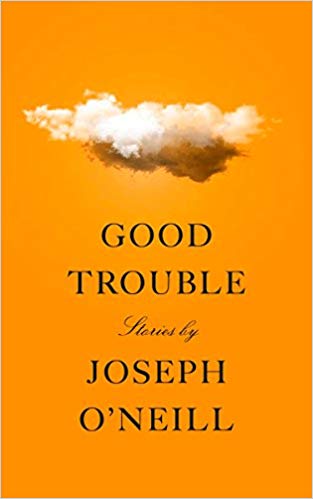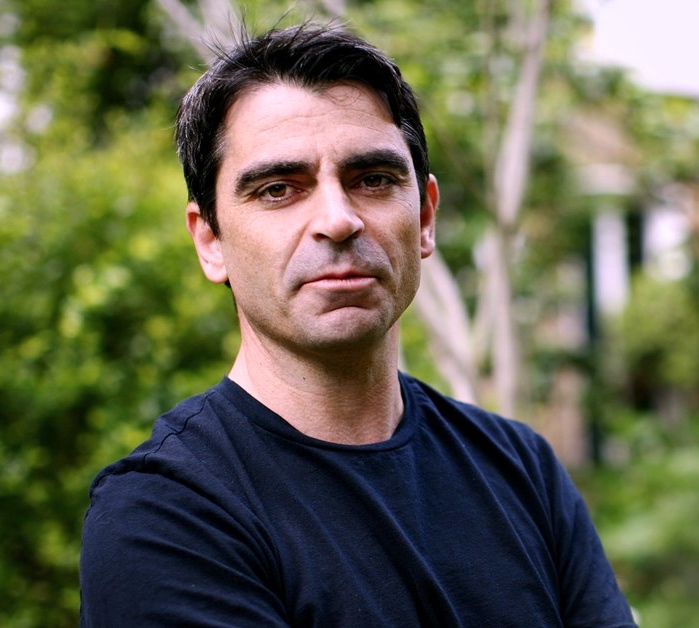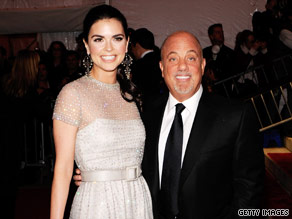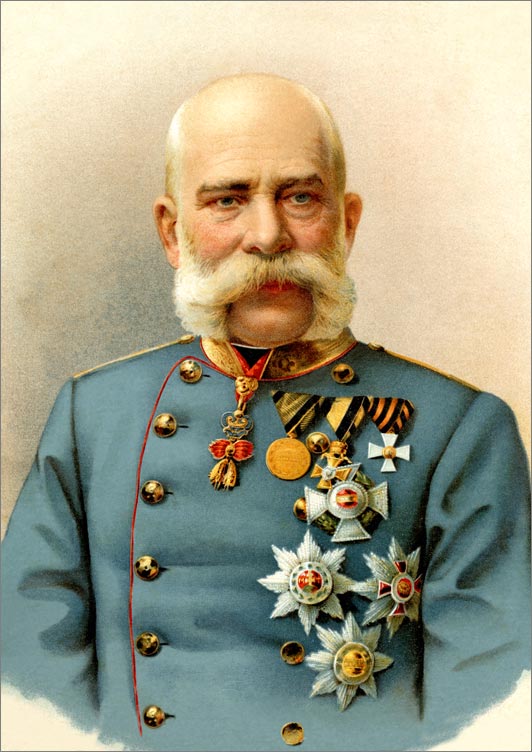NOTE: Joseph O’Neill was WINNER of the PEN Faulkner Award for Fiction for Netherland in 2009. The Dog was NAMED a Notable Book by the New York Times in 2014.
Social historians will record that in the early twenty-first century the fashion for a clean-shaven face lost its dominance in Metropolitan North American bourgeois society….It was permissible, and often chic, to sport stubble, even in formal settings. A full beard was almost de rigueur for younger white males who wanted to signal that they occupied, or deserved to occupy, a prestigious role in the culture economy…. – from “The Mustache in 2010.”
In this col lection of eleven short stories, author Joseph O’Neill focuses on imperfect and often uncommitted men as they live their usually unexciting and unrewarded lives. Their stories are, from a “story” point of view, as unexciting as their lives, yet they are sometimes fun and even funny. O’Neill, the son of an Irish father and Turkish mother who traveled and lived with their family all over the world, writes without the clever and quirky characteristics one usually associates with stereotyped “Irish writers,” presenting his stories instead with a “straight face” as he recreates his characters’ lives and leaves it up to the reader to form judgments and draw conclusions. Throughout the collection, O’Neill varies his literary style to fit the subject. In “The Mustache in 2010,” for example, he employs an overtly academic tone for the subject of mustaches, as he traces the history of facial hair, creating an amusing introduction to “the drama of Alexandre Dubuisson’s mustache.” Dubuisson, a thirty-six-year-old businessman, “played with the soul patch, the cop stache, muttonchops, the Zappa, the pencil, the chin curtain, and the rap industry standard,” wearing these privately for his wife Vivienne before shaving the residue for work.
lection of eleven short stories, author Joseph O’Neill focuses on imperfect and often uncommitted men as they live their usually unexciting and unrewarded lives. Their stories are, from a “story” point of view, as unexciting as their lives, yet they are sometimes fun and even funny. O’Neill, the son of an Irish father and Turkish mother who traveled and lived with their family all over the world, writes without the clever and quirky characteristics one usually associates with stereotyped “Irish writers,” presenting his stories instead with a “straight face” as he recreates his characters’ lives and leaves it up to the reader to form judgments and draw conclusions. Throughout the collection, O’Neill varies his literary style to fit the subject. In “The Mustache in 2010,” for example, he employs an overtly academic tone for the subject of mustaches, as he traces the history of facial hair, creating an amusing introduction to “the drama of Alexandre Dubuisson’s mustache.” Dubuisson, a thirty-six-year-old businessman, “played with the soul patch, the cop stache, muttonchops, the Zappa, the pencil, the chin curtain, and the rap industry standard,” wearing these privately for his wife Vivienne before shaving the residue for work.
 The “story” of “The Mustache of 2010,” evolves when Alex and Viv go to a fund-raiser for their sons’ elementary school and sit with friends Marie and Josh and Marie’s father. Marie’s father addresses every word of conversation to the men and pointedly ignores Viv, who gives him a public lesson. The conclusion, which takes place seven years later, has a new point of view in which Viv and Alex are regarded merely as “creatures in the understory of yesteryear” as the new character provides some new information and makes a silent comment on the event, leaving conclusions to the reader. This same narrative pattern follows throughout the collection, with O’Neill setting the stage and introducing main characters for the first ten or so pages, then having one character discovering something new. In this case the person who makes the discovery is not a main character from the early part of the story, creating an unusual shift and sense of surprise for the reader.
The “story” of “The Mustache of 2010,” evolves when Alex and Viv go to a fund-raiser for their sons’ elementary school and sit with friends Marie and Josh and Marie’s father. Marie’s father addresses every word of conversation to the men and pointedly ignores Viv, who gives him a public lesson. The conclusion, which takes place seven years later, has a new point of view in which Viv and Alex are regarded merely as “creatures in the understory of yesteryear” as the new character provides some new information and makes a silent comment on the event, leaving conclusions to the reader. This same narrative pattern follows throughout the collection, with O’Neill setting the stage and introducing main characters for the first ten or so pages, then having one character discovering something new. In this case the person who makes the discovery is not a main character from the early part of the story, creating an unusual shift and sense of surprise for the reader.

The Sinking of the Houston in the Bay of Pigs invasion of 1961 is a memory of one character in the story of that name.
In “The Sinking of the Houston,” the main character, a father of three boys, is impatient with them and always short of sleep, and when the second son begins to worry about the fact that the Duvaliers, rulers of Haiti, used rape to punish their political opponents, the father becomes angry. The son, retreating, also asks him if he knows about Charles Taylor, the Liberian guerrilla leader who had a children’s army and made the children kill their parents, which may evoke some smirks of recognition among the readership. Soon afterward, the second son comes home and says he has been mugged – and is too afraid to report it to the police. The father, however, has an app on his phone which tracks his sons’ phones, and he quickly locates the son’s stolen phone. Biding his time, he waits for the phone to appear on his “turf.” When he just misses an appearance of the Orange Circle Guy (OCG), the robber of the phone, his son tells him about Unit 731, a Japanese unit which, during World War II, conducted lethal vivisectional experiments on hundreds of thousands of Chinese men, women, and children. As the father goes out, one day, in pursuit of OCG, he sees Eduardo, a Cuban neighbor about seventy in age. Eduardo recalls the Bay of Pigs invasion and the sinking of the Houston when he was sixteen, events he experienced with a friend whose fate is unknown to the narrator. The father, completely side-tracked, at this point, wants to believe the friend’s fate was good. End of story.

In “The Death of Billy Joel,” Tom mistakenly concludes from a news flash that Billy Joel has died. Instead, Joel, at age 55, has become engaged to a 23-year-old woman.
In “The Death of Billy Joel,” Tom, a man wanting to celebrate his fortieth birthday with friends, contacts ten friends from the past, asking if they will join him in Florida for a golf weekend. Only three bother to answer. Tom makes all the arrangements, and eventually, two appear for golf. During the weekend, as the men chat and play golf, they become reacquainted with each other. Tom hears a snippet of TV news about Billy Joel, now aged fifty-five, and believes that Billy has died, noting as he showers at the end of the day, that “there’s something triumphant about the business of lathering shampoo into his scalp: he is here, applying the anti flake lotion…and Billy is not.” The men continue on their weekend and eventually arrive back in New York, where Tom learns that Billy Joel, age fifty-five, has not died. Instead, he has become engaged to a twenty-three-year-old woman.
 Other stories involve different perspectives on other news events. “Pardon Edward Snowden,” the opening story is completely different from the previous ones described here. Poet Mark McCain receives a “poetition, a petition in verse, asking President Obama to pardon Edward Snowden. The request is poeticized by Merrill Jensen, a twenty-eight-year-old poet. McCain is enraged that poetry has been used to create a petition simply to attract more attention. For him, that ranks right up there with Bob Dylan receiving the Nobel Prize for Literature, an event that he cannot separate from “the recent Trump phenomenon.” McCain himself has been working on some “prose pensees” and dealing with problems in his marriage, having produced no poetry in the past several months. As he thinks about the “poetition,” he is discouraged, but as he records his notes, his writer’s block disappears, and he learns a lesson: “Never give in, never not resist.”
Other stories involve different perspectives on other news events. “Pardon Edward Snowden,” the opening story is completely different from the previous ones described here. Poet Mark McCain receives a “poetition, a petition in verse, asking President Obama to pardon Edward Snowden. The request is poeticized by Merrill Jensen, a twenty-eight-year-old poet. McCain is enraged that poetry has been used to create a petition simply to attract more attention. For him, that ranks right up there with Bob Dylan receiving the Nobel Prize for Literature, an event that he cannot separate from “the recent Trump phenomenon.” McCain himself has been working on some “prose pensees” and dealing with problems in his marriage, having produced no poetry in the past several months. As he thinks about the “poetition,” he is discouraged, but as he records his notes, his writer’s block disappears, and he learns a lesson: “Never give in, never not resist.”
Ultimately, the collection feels somewhat anti-climactic. There are no real, direct conflicts resulting in final resolutions, whether because the male characters are weak or because they are afraid or too easily distracted from the real issues to make independent moves. In most cases, they are too self-centered to take direct action and too limited to put even a loved one ahead of their own needs. The author “sits back” and lets these weak characters speak for themselves, limiting his own opportunities to make statements of themes as he may believe them to be. The characters are petty, their interests limited, and their actions, if they take them at all, are almost irrelevant. For me, O’Neill’s precise prose shines, but the collection would shine brighter with more intriguing subjects (and that is part of the point).
ALSO by O’Neill: THE DOG
Photos. The author’s photo appears on https://media.newyorker.com/
The Sinking of the Houston is found on http://imgc.allpostersimages.com/
The engagement photo of Billy Joel and Katie Lee, 1961, is on http://i2.cdn.turner.com
The photo celebrating the Nobel Prize of Bob Dylan is from https://static.highsnobiety.com/
The facial hair of Emperor Franz Josef is a subject of discussion in “The Mustache of 2010.” https://alphahistory.com/

